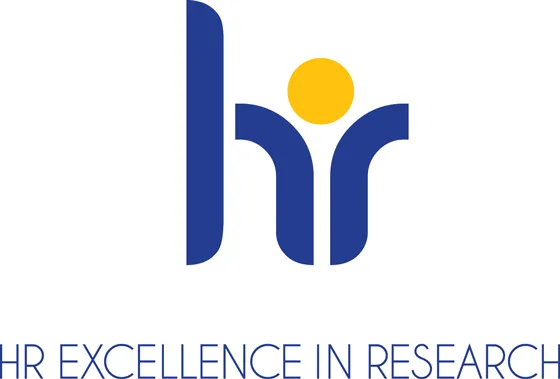State Final Examination for the Computer Science doctoral study programs
The exam procedure depends on the study program.
Software Systems
The exam covers three topic areas. The first one is the topic of the eventual dissertation, the other two topic areas are selected by the student, in cooperation with the advisor, subject to approval of the program board. The exam has the form of an individual presentation followed by a discussion with the exam board. (Note: Each of the three presentations should aim for around 20 minutes duration.)
-
For the first topic (dissertation), the presentation should explain the planned contribution of the dissertation in the context of the existing research, present the results achieved so far and the future plans, enough for the exam board to form an opinion on the eventual dissertation, the applied research methods and the expected research results.
-
For the other two topics (electives), the presentation should critically evaluate the relationship of the existing research to the eventual dissertation topic. Current research topics, both theoretical and practical, sufficiently relevant to the dissertation should be selected here.
The exam board focuses particularly on the dissertation prospects and on the knowledge of the selected research topics as it relates to the dissertation topic. (Note: The student should contact the exam board members responsible for the electives to clarify detailed requirements up front.)
The advisor is expected to submit current and relevant research topics for approval to the program board prior to the exam. Each topic is described using a compact list of resources (in particular research publications), the program board makes sure that the list corresponds to the state of the art and the exam requirements.
Computational Linguistics
The exam is composed of two parts. In the first part, the students summarize state of the art and present main outcomes of their own research related to the topics of their theses. In the second part, each student is examined on three exam topics. Topic 1 is mandatory, the student chooses two out of the remaining eight topics (any combination is possible). The topics are:
- 1 - Common basics
- 2 - Basic statistical and machine learning approaches to Natural Language Processing
- 3 - Advanced Machine Learning
- 4 - Machine Translation
- 5 - Information Retrieval
- 6 - Speech Processing and Dialogue Systems
- 7 - Language System Formal Description
- 8 - Linguistic formalisms
- 9 - Variability of languages and basic notions of language typology
Please see the program information page for more details.
Visual Computing and Computer Games
The student is required to select one topic from 1-2, one topic from 3-5, and one additional topic from 1-9, or, alternatively, another topic approved by the advisor.
- 1 - Theoretical foundations of computer science
- 2 - Mathematical methods for graphics and image processing
- 3 - Fundamentals of computer graphics
- 4 - Image analysis fundamentals
- 5 - Fundamentals of 3D vision and robotics
- 6 - Computational geometry
- 7 - Realistic image synthesis
- 8 - Invariants for recognition
- 9 - Computer game development
Please consult the program description for more information.
Theory of Computing, Discrete Models and Optimization
The student chooses four of the mandatory topics, two from topics 1-4 and two from topics 5-12. An additional elective topic is selected after consulting the advisor, topics 5-12 can also serve here. The extent of the chosen topics must correspond to one of the comprehensive advanced texts from the recommended literature. Subject to exam board approval, a more narrow topic can be chosen for more depth.
- 1 - Discrete mathematics
- 2 - Logic
- 3 - Computational complexity
- 4 - Design and analysis of algorithms
- 5 - Combinatorial and continuous optimization
- 6 - Combinatorics and algebraic combinatorics
- 7 - Theory of structures
- 8 - Probabilistic method
- 9 - Topological methods and discrete geometry
- 10 - Cryptography
- 11 - Data structures
- 12 - Algorithmic game theory
Please consult the program description for more information.
Theoretical Computer Science and Artificial Intelligence
The exam consists of four questions on four different topics, three of the topics are selected by the student in cooperation with the advisor from the list below (at least one topic from 1-5 must be selected), one topic is selected by the advisor and is not necessarily restricted to the list below.
- 1 - Logic
- 2 - Probability
- 3 - Complexity theory
- 4 - Data structures
- 5 - Algorithms
- 6 - Artificial intelligence
- 7 - Machine learning and data analysis
- 8 - Nature-inspired optimization algorithms
Please consult the program description for more information.


